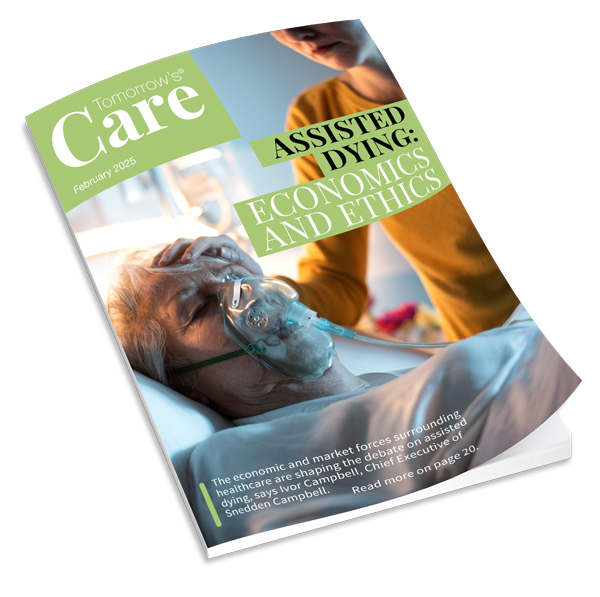Workers retiring from occupations which involve high levels of social stimulation may be at greater risk of accelerated cognitive decline in later life, according to research published in Age and Ageing, the scientific journal of the British Geriatrics Society.
The study, which was conducted by researchers at University of Liège, in collaboration with the Universities of Bordeaux and South Florida, surveyed 1,048 individuals over the age of 65 from Bordeaux. Participants were evaluated at two-year intervals for a period of 12 years. Psychologists’ evaluations included detailed assessments of subjects’ mental cognition, general health and information about their former occupation. Three independent raters were asked to evaluate the level of social and intellectual stimulation for each occupation. These raters then classified each of the occupations as ‘low’, ‘medium’ and ‘high’ in relation to these levels.
Researchers found that, regardless of mental stimulation at work and other confounding variables, there was an accelerated cognitive decline in those subjects who had previously enjoyed a highly social workplace prior to their retirement. This cognitive decline was found to be present as late as a decade after retirement. When considering why these subjects were not receiving the same levels of social stimulation outside the workplace, researchers took into account a number of potential reasons. These included restricted mobility with aging, which prevented them leaving the house regularly, as well as fewer opportunities to interact and exchange ideas with people on a daily basis as compared with the working life. The study also found that high levels of intellectual stimulation at work were associated with better cognition in older adulthood. Researchers believe that one potential explanation is the fact that it is easier to compensate for reduced intellectual stimulation during retirement, as compared with social stimulation.
This study builds on existing research which has shown retirement can have a detrimental effect on cognition, and presents new evidence that this cognitive decline may be accelerated when linked to the loss of a highly social work environment. Older adults retiring from an occupation characterised by high levels of social interaction may need to pay particular attention to ensuring they have continued social engagement in order to maintain their cognitive function.
Catherine Grotz, Marie-Curie COFUND postdoctoral fellow at University of Liège and author of the Age & Ageing paper, said: “This study indicates that there is a difference between the impact of social and mental occupational characteristics on cognitive decline after retirement.
“This result is just one piece of evidence; we expect to understand how loss of exposure to the work environment following retirement can be compensated for through social stimulation in future studies."
The Age & Ageing paper can be viewed here.
SOCIABLE WORKPLACES MAY BE LINKED TO GREATER COGNITIVE DECLINE IN LATER LIFE

Published on 11/08/2017
Related News
Categories
- CQC ratings
- Care home news
- Care jobs
- Care planning
- Care sector awards
- Care sector events
- Care sector news
- Care staff
- Charity
- Cleaning & Hygiene
- Construction
- Dementia
- Disability
- Entertainment
- Finance
- Fitness
- Food & Drink
- Fundraising
- Furniture
- Health & Safety
- Healthcare
- Hospice & Palliative Care
- Hospitals
- Industry Comment
- Interiors
- Laundry
- Legal
- Leisure
- Medication
- Mental Health
- Mobility
- New appointments
- PPE
- Products
- Property
- Recruitment
- Relationships
- Research
- Safeguarding
- Security
- Services
- Social care
- Sustainability
- Technology
- Training
- Transport
- Uniforms
- Waste
- Wearables























